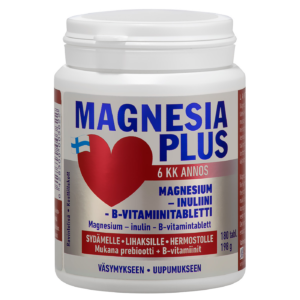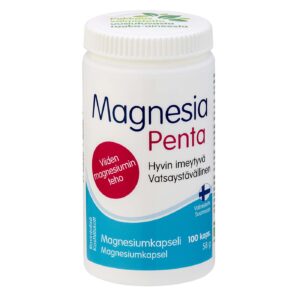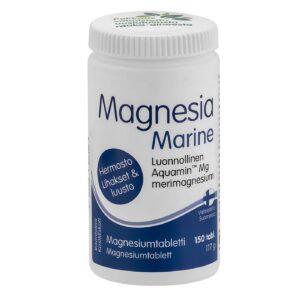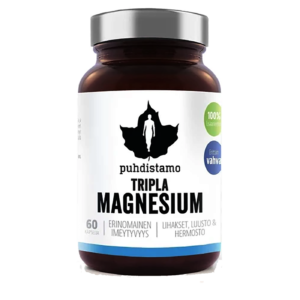Magnesium is a dietary supplement with a number of potential health advantages.
Certain magnesium supplements are easier for your body to absorb. Some varieties may help with specific health conditions.
Low magnesium levels may be linked to a variety of health issues, including type 2 diabetes, heart disease, osteoporosis, and migraines.
Magnesium citrate is a common type of magnesium supplement that is easily absorbed by the body. It is primarily used to increase magnesium levels and alleviate constipation.
Magnesium citrate relieves occasional constipation. It works by boosting the amount of water the gut absorbs. This softens the stool, allowing for simpler bowel movements. It also increases pressure, causing the muscles in your intestines to move faeces.
According to research, it may help to lower blood pressure, manage blood sugar, reduce anxiety, and protect against cataracts, heart disease, and traumatic brain injuries.
Magnesium taurate is the greatest supplement for persons suffering from cardiovascular difficulties, fatigue, stress, or who need support with muscle regeneration. It is also the greatest alternative for folks looking to reduce their blood sugar and high blood pressure.
According to current research, magnesium taurate and glycinate have the most evidence supporting their impact on anxiety and other mental health conditions.
Magnesium taurate includes the amino acid taurine. According to research, adequate taurine and magnesium intake can help regulate blood sugar levels. Thus, this type may help to maintain appropriate blood sugar levels. Magnesium and taurine also promote healthy blood pressure.
Magnesium Taurate is an easily absorbed and mild magnesium supplement that promotes proper muscle function and electrolyte balance.
Magnesium, which is involved in over 300 activities in the human body, is commonly referred to as the’spark of life’ due to its importance.
Magnesium taurate is the most effective magnesium supplement for muscular soreness.
Magnesium malate is valued for its ability to boost energy production and muscular health, whereas magnesium glycinate is frequently used to promote relaxation and relieve muscle tension. The decision between these two versions may be determined by your personal health goals and preferences.
According to research, magnesium malate is extremely efficiently absorbed in the digestive tract, making it an excellent choice for replenishing magnesium levels.
Some people say it’s softer on the system and may have a lower laxative effect than other sorts. This may be useful, depending on your individual requirements.
Magnesium malate is occasionally prescribed to alleviate fibromyalgia and chronic fatigue syndrome symptoms.
Animal studies indicate that glycine can promote sleep and alleviate various inflammatory disorders, such as heart disease and diabetes. However, additional rigorous research is required to back up this claim.
Magnesium glycinate is readily absorbed and may have soothing effects. It may alleviate mental health symptoms like anxiety, sadness, stress, and insomnia.
Magnesium poisoning is possible, however rare. You may be more vulnerable if you have kidney problems or ingest excessive amounts of this mineral.
Spinach, nuts & seeds, legumes, and whole grains are excellent sources of magnesium.











